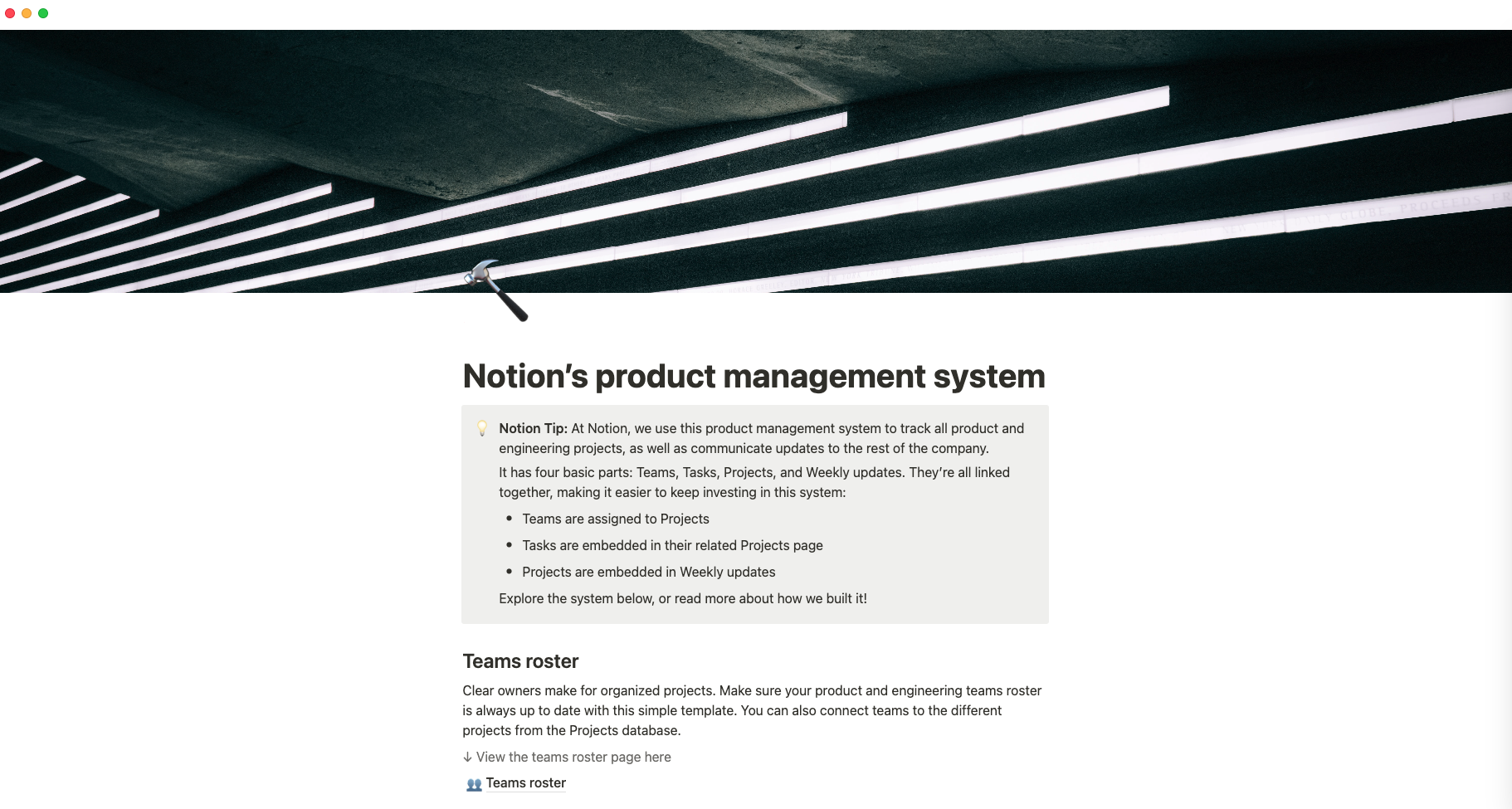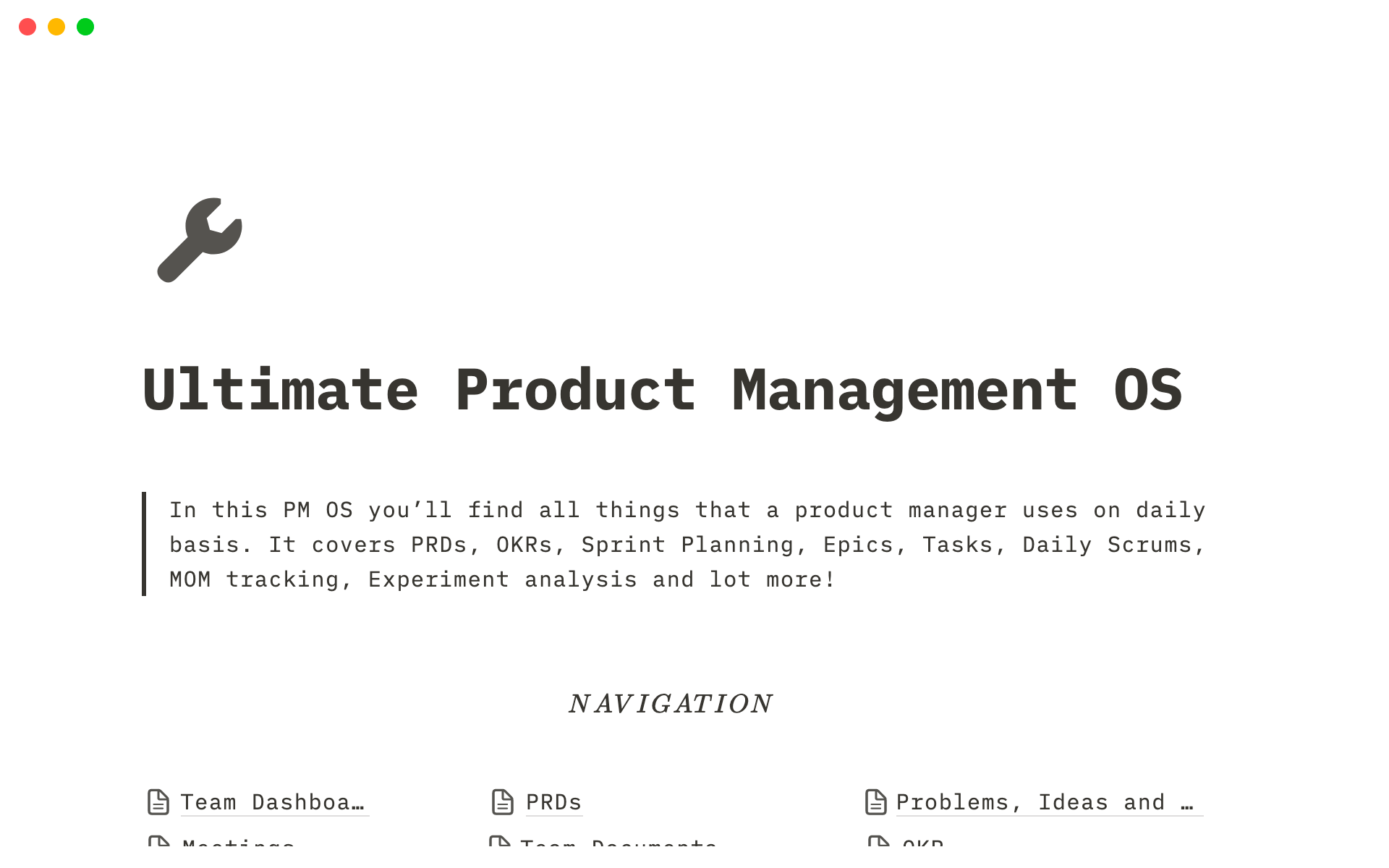Launching new products takes equal parts planning and promotion. As managers define and develop a new product, marketers are hard at work crafting and implementing strategies to connect with consumers.
Both departments have the same goal in mind — a successful launch date — but that doesn't mean they always work in harmony. Without careful communication and constant collaboration, product management and marketing quickly fall out of sync, potentially sinking your product's success.
Don't build unintentional barriers between your product development and marketing efforts. Learn the responsibilities of both teams, common sources of tension, and ways to ensure group synergy.
Product marketing versus product management
Product managers and marketers are interrelated departments that focus on different aspects of a product's lifecycle to achieve shared goals. While product management teams work on defining and realizing a product's core value proposition, marketing departments communicate these unique selling points (USPs) to a target audience.
Although both teams work toward a successful product launch, they use distinct strategies and contribute different features to achieve this.
What’s product management?
Product management involves defining, developing, and tracking the progress of a new product, from ideation to launch. With data points like user personas, survey results, and consumer stories, product managers put themselves in their consumer's shoes to effectively define their project's primary goals, customer success metrics, and essential features.
Along with creating a comprehensive product vision, a product management team works with external manufacturers and suppliers to determine what's realistically possible within logistical constraints. After managers set their product strategy and define their scope, they work with an efficient and effective product management system to develop workflow schedules and roadmaps.

What’s the role of product marketing?
While product managers spend a lot of time discussing the "what" and "why" of their new product, marketing teams focus on "how" to effectively sell it to the target market.
A product marketing strategy lists the key sales strategies and messaging campaigns designed to position and promote a company's new product. Marketing departments craft texts like advertisements, social media campaigns, and press releases to establish a consistent product narrative to communicate value propositions with consumers and generate buzz and positive word-of-mouth before an official launch.
Common tension points between product managers and marketers
Although product management and marketing rely on each other for a successful product launch, miscommunications and misaligned priorities can cause conflict and confusion. Recognizing the major pain points between product management and marketing helps teams quickly mitigate suboptimal scenarios:
Short-term versus long-term goals — there's often a mismatch between the time horizon managing and marketing teams use to measure success. Product managers typically focus on achieving long-term development goals and measuring market trends, while marketing teams look into current strategies such as brand positioning and sales tactics. Without a healthy balance of long and short-term objectives in mind, issues arise in a product's overall launch strategy.
Unclear job role definitions — sometimes, product management and marketing teams don't clearly understand the roles in both departments and how their duties differ and complement each other. This lack of clarity creates confusion over work prioritization or counterproductive overlap in each team's responsibilities.
Communication gaps — issues between product management and marketing teams often stem from inefficient or non-existent communication pathways, which results in reduced data sharing and walled-off knowledge silos. Without streamlined communication channels to address questions and transfer product information, marketing and product development teams can't align their vision, build on their product knowledge, and adapt to changing circumstances.
Scope creep — one potential risk created by unclear roles and poor communication pathways is the introduction of unplanned additions to product development (or scope creep). If marketing and development teams don't know the constraints on their project's vision and the proper channels to request changes or extra features, it puts a significant strain on resources and creates tension between teams.
4 strategies for harmonizing product management and marketing
Even though development and marketing teams have unique responsibilities, they can still learn from each other throughout a product's lifecycle. The more ways you get marketers and managers talking, the more likely your product will launch successfully.
1. Establish communication and goal alignment from the start
Although product managers are responsible for designing and road-mapping a new product, don't shut marketers out of these discussions. The more employees in marketing know about what a product is, the quicker they can develop consistent marketing campaigns, identify unique selling propositions, and communicate selling points with sales representatives.
Involving a marketing team early in product development helps you align goals, create shared key performance indicators (KPIs), and establish knowledge repositories. And beyond aligning your team's vision and market strategy, getting both teams together promotes a collaborative work culture and makes everyone feel valued in the product development process.
2. Promote cross-training and role-understanding sessions
Give your management and marketing teams a first-hand glimpse into how their departments differ with cross-training sessions. In these courses, employees learn the skills and day-to-day operations in different departments, which helps them appreciate their coworkers' roles, goals, and abilities.
This increased interdepartmental understanding of managing and marketing jobs enhances collaboration and gives team members a broader understanding of how various operations fit together.
3. Encourage knowledge sharing between departments
Prevent centralized data silos by promoting a knowledge-sharing culture and establishing user-friendly communication channels between marketing and product management. The more developers and marketers share insights into consumer demands, market trends, and project execution milestones, the easier it is for managers to align their departments and make data-driven decisions.
To enhance the knowledge transfer and storage process, consider installing a product information management (PIM) system to centralize data and content. PIM platforms offer an easy way for managers to track the product development process, and marketers often use PIM apps in conjunction with content management systems (CMSs) to optimize content production across media channels. With a centralized knowledge base and streamlined communication portals, management and marketing have the tools to share information, avoid misunderstandings, and improve operations.
4. Schedule team-building events and meetings
Schedule regular cross-functional meetings and events with product management and marketing departments to review the latest data, address pain points, and discuss significant changes with their respective product strategies. Use these meetings to create a positive feedback loop where info on product development and marketing organically cross-pollinates to generate innovative solutions and strategies.
Not only are these meetings a great opportunity to explore new ideas and ensure everyone's on the same page, but they also encourage stronger connections between product managers and marketing professionals for smooth communication and collaboration.
Connect product management and marketing with Notion templates
Use software to your advantage as you synchronize product development and marketing processes. With Notion templates, marketers and managers can easily monitor their and share insights into consumer trends and market research. Find out how Notion templates and team wikis seamlessly link your product marketing and management departments.






